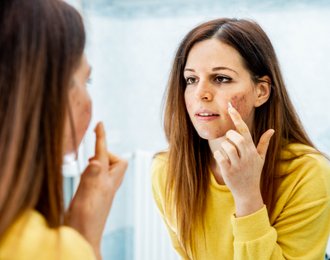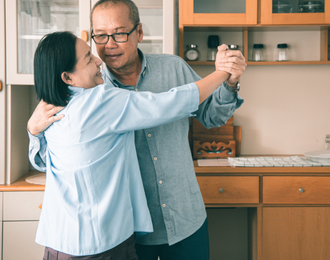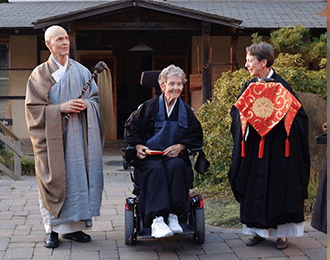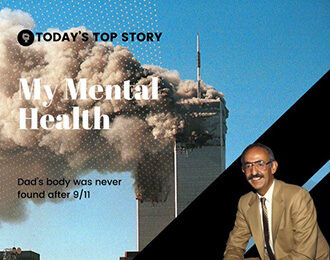Shaping Young Generations into Great Caregivers
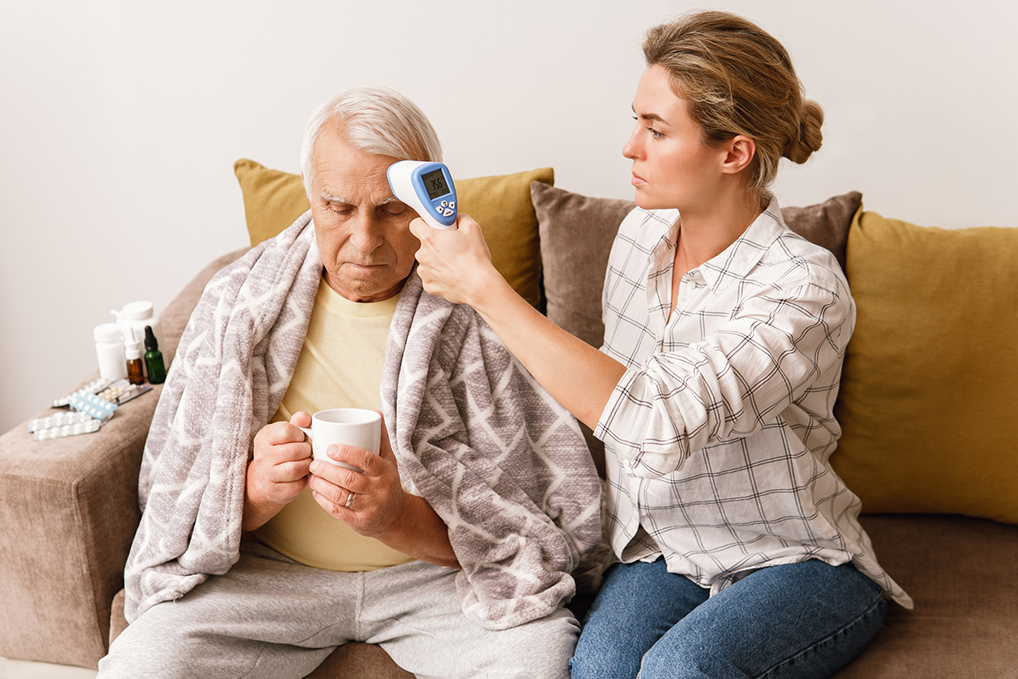
This blog is the second of a three-part series on college caregiving. This series was written by students from Pittsburg State University. Each student wrote about their experience with caregiving and how it has impacted them.
Story by Katie Capps

At the beginning of 2020, I thought my tough years were behind me. I never imagined living through a worldwide pandemic and being unprepared to be isolated from most of the world. Now I have a new perspective into the vastly changing world we live in. I have learned to ask for help and what I can do to care for those around me.
Coming out of the COVID-19 worldwide pandemic, caregiving has risen significantly, whether that is giving care to older loved ones or those around us that aren’t ready to join the rest of the world in coming back to a sense of normalcy.
Most Generation Y and Generation Z may not be aware of it yet, but our importance in caregiving is crucial. Now is the time and an excellent opportunity to begin shaping younger generations into great caregivers, because as we witnessed in 2020, things can change drastically overnight.
When the COVID-19 Virus entered the United States, it affected all of us mentally, physically, and spiritually. Every city, especially our major cities, were on lockdown, and no one was able to leave their homes unless they were an essential worker. Students and workers were forced to move to an online setting, so every man, woman, and child was trapped in their homes for several months.
Being an essential worker took a toll on me mentally; customer limitations outweighed our staffing, and most days seemed endless. In addition to being an essential worker, I was also a full-time student, and during that semester of college, I was taking 18 credit hours (6 classes), which was completely overwhelming.
Ultimately, I spoke to my head manager for my own mental health and asked to be moved to another department and stepped down from a higher position that wasn’t as demanding. This was beneficial for me to have a sense of normalcy in my life again.
During the lockdown, the only time anyone could leave their home was to go to the grocery store or other essential businesses to get basic items like food, water, and toilet paper.
Once people started to get sick from the Virus, roles changed within households. If you tested positive for COVID, you immediately needed to quarantine away from everyone else in a separate room and couldn’t leave for up to 14 days. This is where our younger generations would have to step into roles we probably never imagined we would have to take on.
If parents, siblings, friends, or roommates had to quarantine their loved ones, we would have to take care of them by providing them food, entertainment, with a wall in between them.
During the lockdown, I leaned heavily on my significant other to help me through this time. All my roommates moved back home, so I was utterly alone, and since I already work and live so far away from my parents, I could not move back home, mainly because I was deemed essential at my place of work.
Others who could go home were having to take on primary and sometimes permanent roles in their households. Their loved ones became too sick to even be able to stay home and were admitted into hospitals or sadly passed away from this illness. This was a time when most of our generation were having to become caregivers.
In some cases, people were too overwhelmed and could not properly give the needed care or find the help they needed themselves. That is why we encourage them to learn about proper caregiving at a young age. That way, when the time comes, they are more prepared to take on these responsibilities.
We all want what is best for our loved ones. Once we are older and can no longer give care to ourselves, partners, children, and loved ones, we lean on those around us to help take care of us till we’re no longer around.
After going through this trying time, I am more aware of my health and that of everyone I love and care for. Shaping Generation Z into great caregivers starting in an adolescent age will surely change the world and roles in caregiving positively along with Generation Y.
Teaching younger generations the essential functions of caregiving will promote stable security in caregiving.
Our world as we know it is vastly different than what it was a decade ago. Roles in households are changing due to various reasons, and illness strikes us harder than it has in almost a century. So many of my loved ones have been affected by the pandemic in multiple ways. Several family members work in healthcare, are passionate about their work, and limited in what they can provide to their coworkers and families.
We are Generation Y and Generation Z, and older generations look to us for the future in caregiving and understand how much we are needed. The older generations must offer us the utmost support in shaping our caregiving skills to be prepared for our future when we are required to once again step into these caregiving roles.
